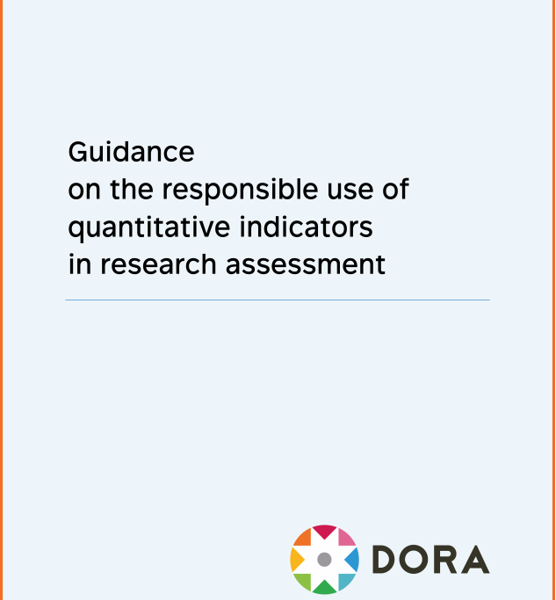
The Impact of Open Science on Underrepresented Researchers
The Impact of Open Science on Underrepresented Researchers https://opusproject.eu/wp-content/uploads/2024/01/iStock-1290118946-why-under-smaller-1024x540-1.jpeg 1024 540 Open and Universal Science (OPUS) Project Open and Universal Science (OPUS) Project https://opusproject.eu/wp-content/uploads/2024/01/iStock-1290118946-why-under-smaller-1024x540-1.jpegOpen science is transforming the research landscape, bringing about positive changes and leveling the playing field for researchers who were traditionally underrepresented in academic circles. This shift towards openness and inclusivity has significant implications for scientists from diverse backgrounds.
Breaking Down Barriers: Historically, certain researchers faced barriers to accessing resources, collaboration opportunities, and publication avenues. Open science dismantles these barriers by making research findings freely available to the public, fostering inclusivity, and providing a platform for scholars from less represented communities to showcase their work.
Accessibility and Knowledge Sharing: One of the key benefits of open science is the enhanced accessibility of research. Through open-access journals and repositories, researchers from underrepresented groups can share their findings without the traditional financial constraints associated with subscription-based models. This democratization of knowledge promotes a more inclusive academic environment.
Collaboration Opportunities: Open science encourages collaborative research efforts, allowing researchers from different backgrounds to work together on projects. This collaborative approach fosters diversity of thought and enriches the research landscape. Underrepresented researchers can now actively participate in global scientific endeavors, contributing their unique perspectives to various fields.
Mentorship and Networking: The open science movement facilitates mentorship and networking opportunities for researchers who might have previously struggled to find support within their academic communities. Online platforms, collaborative tools, and open-access events provide avenues for mentorship, enabling less represented researchers to connect with experienced scholars and receive guidance in their academic journeys.
Visibility and Recognition: Through open science practices, researchers from underrepresented backgrounds gain increased visibility for their work. Open-access publications, preprint servers, and online repositories amplify the reach of their research, ensuring that contributions do not go unnoticed. This increased visibility can lead to enhanced recognition, furthering academic and professional opportunities.
Challenges and Considerations: While open science presents numerous advantages, it is essential to recognize and address potential challenges. Issues such as language barriers, unequal access to technology, and the need for equitable credit in collaborative projects must be acknowledged and actively worked on to ensure the full inclusivity of the open science movement.
The Ongoing Impact of Open Science: Open science is a powerful force driving positive change in the world of research, particularly for underrepresented scholars. By dismantling barriers, fostering collaboration, and providing visibility, open science ensures that every researcher, regardless of background, has the opportunity to contribute meaningfully to the global scientific community. As we continue to embrace the principles of openness and inclusivity, the impact on less represented researchers will undoubtedly play a pivotal role in shaping the future of scientific exploration and discovery.
Photo via HARP
- Posted In:
- Open Science News




